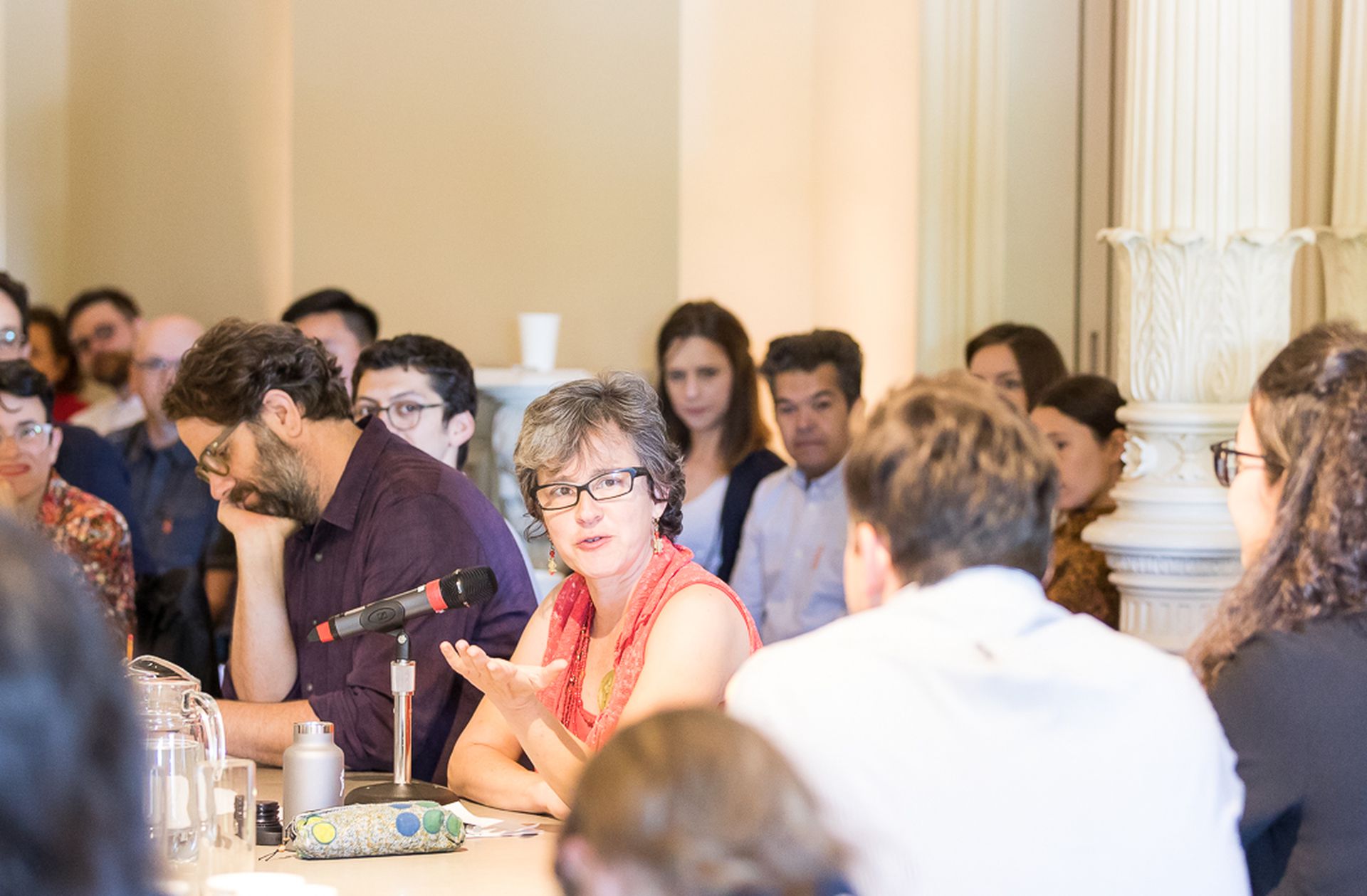To understand and respond to the global environmental crises of the Anthropocene poses a unique challenge to architecture, itself a producer of environments. What are the ways in which architecture and the environment relate to one another? We ask this question not to clarify such a relationship but to complicate it, because we suspect that it is in the complications that we will find grounds for alternative futures. We want to salvage strategies and politics, and forms of collaboration and solidarity from the history of architecture’s uses and abuses of nature.
We have invited scholars from diverse disciplinary backgrounds to join the researchers from the “Architecture and/for the Environment” project in order to challenge them to reconsider and elaborate how their work engages our present condition. Through a series of conversations, scholars and researchers will question the ways in which the paired concepts of Energy/Power, Control/Systems, Body/Exposure, and Post-human/Nature are approached through their work and in their respective disciplines.
This public conversation marks the mid-point of the ”Architecture and/for the Environment” project, which the CCA has run with generous support from the Andrew W. Mellon Foundation, since 2017. Following an international open call, eight selected researchers began an 18-month collaboration last fall, individually investigating their cases and building links to larger problems in architecture, history, and beyond. This June, they assemble to reflect on their research and test their arguments in a workshop, and to frame a new discussion on the environment through multidisciplinary exchange.
1:00pm
Introduction
1:15pm
Energy/Power
Dominic Boyer, Professor of Anthropology from Rice University, in conversation with Aleksandr Bierig (Harvard University) and Daniel Barber (University of Pennsylvania).
2:25pm
Control/Systems
Michael Osman, Professor of Architecture at the University of California, Los Angeles, in conversation with Kiel Moe (Harvard University) and Jiat-Hwee Chang (National University of Singapore).
3:35pm
Body/Exposure
Gabrielle Hecht, Professor of History at Stanford University, in conversation with Nerea Calvillo (Warwick University) and Hannah le Roux (University of the Witwatersrand).
4:45pm
Post-human/Nature
Etienne Turpin, philosopher based in Berlin will speak with Isabelle Doucet (University of Manchester) and Paulo Tavares (Universidade de Brasília).
The conversation will continue over a picnic.
